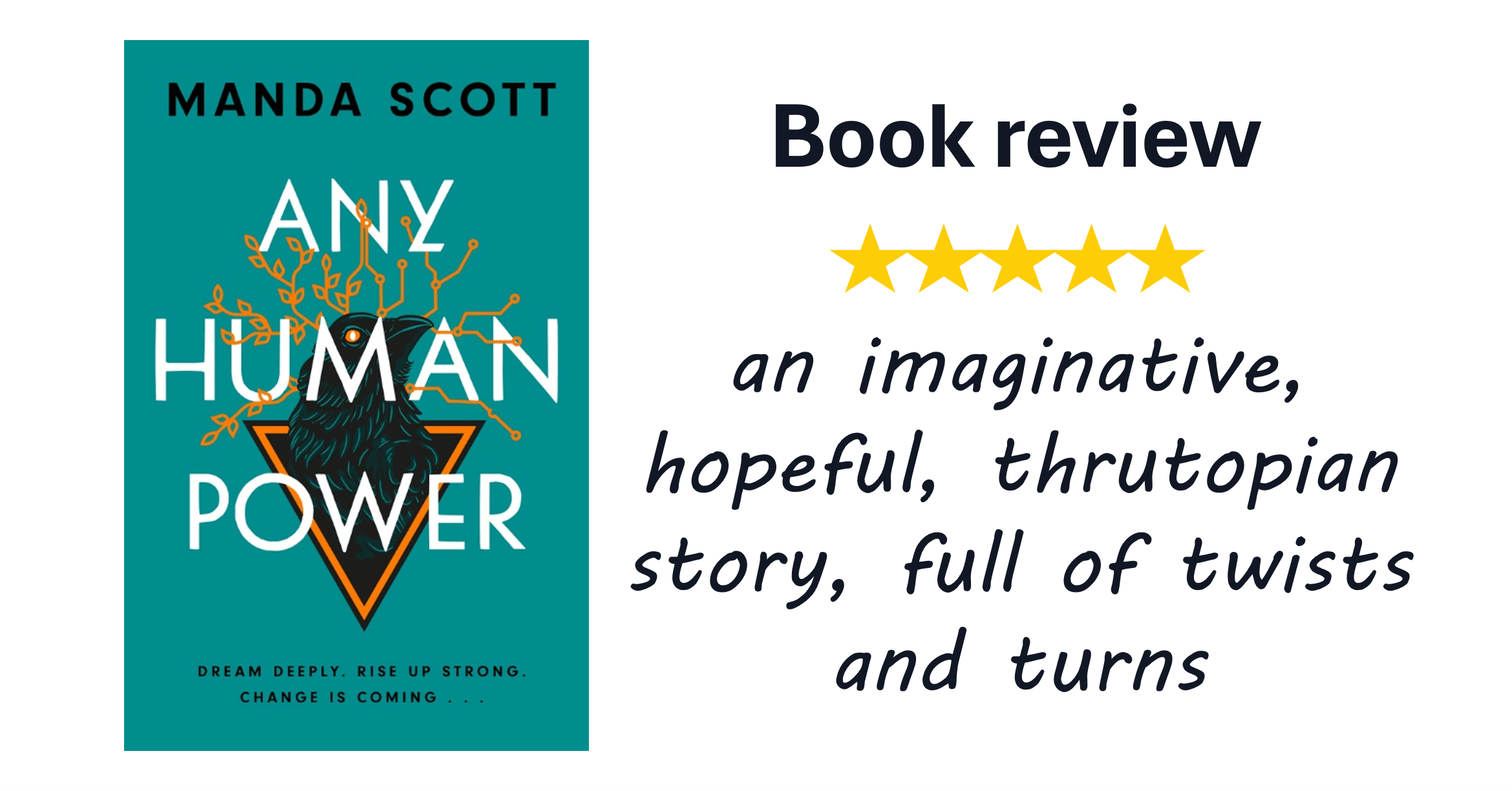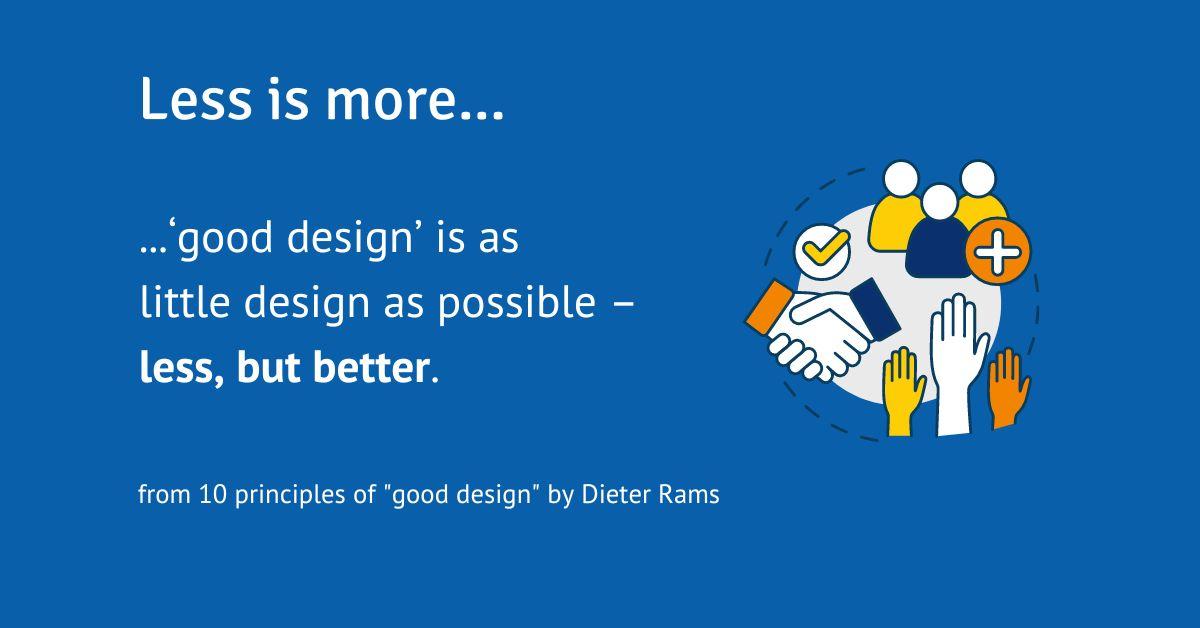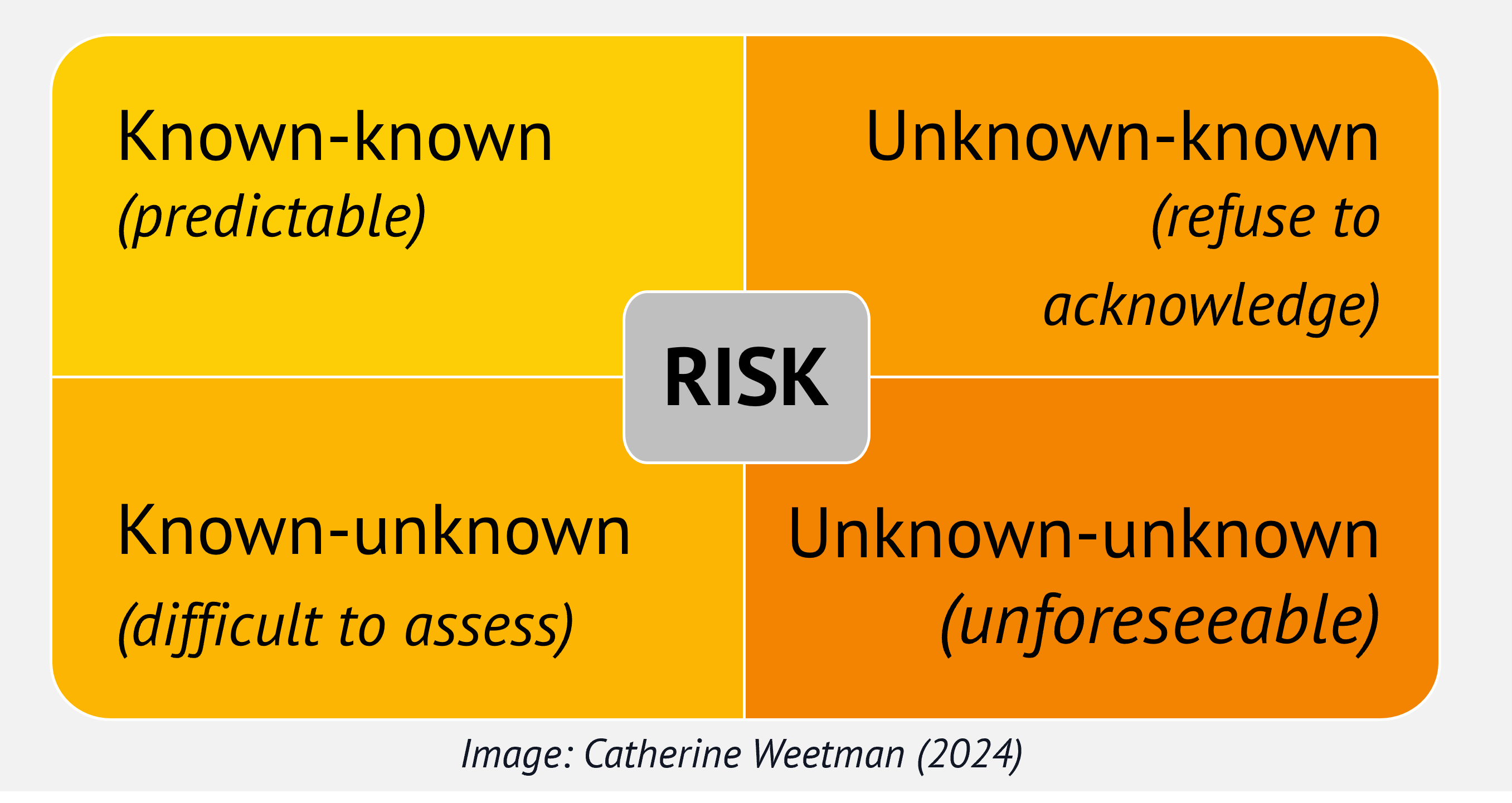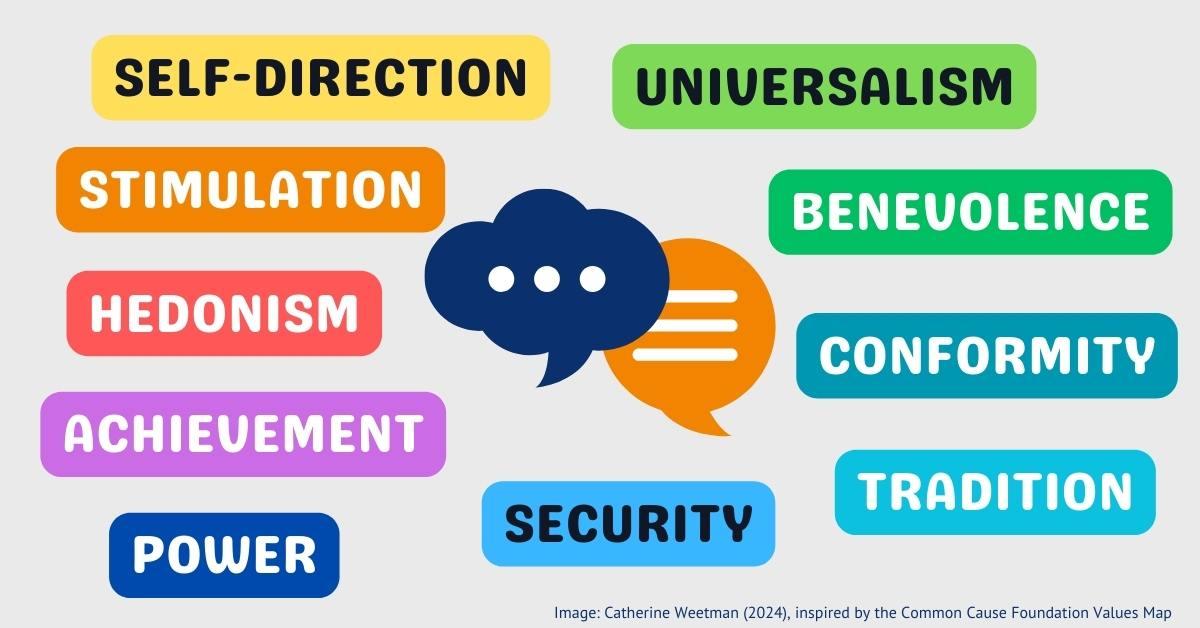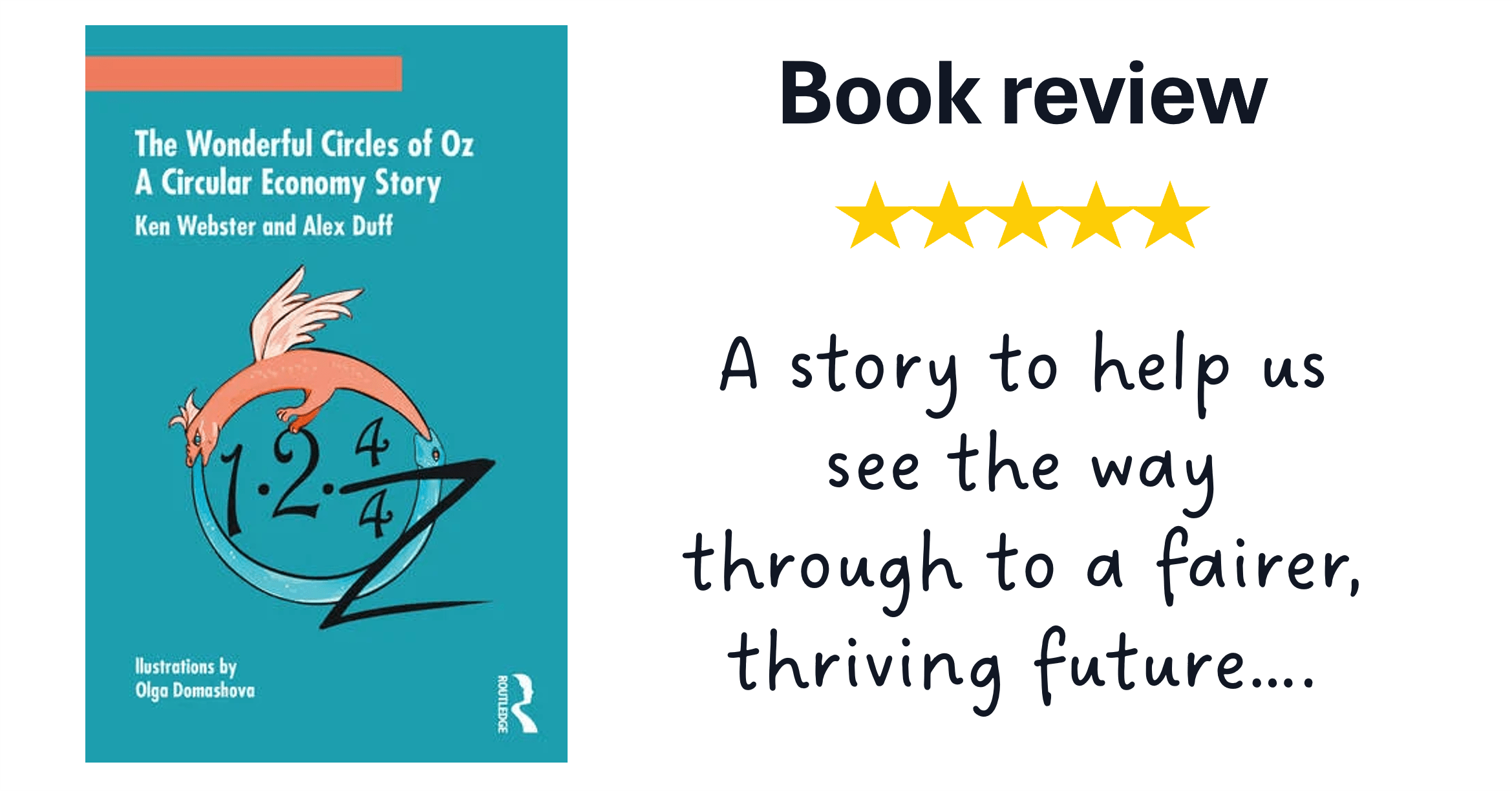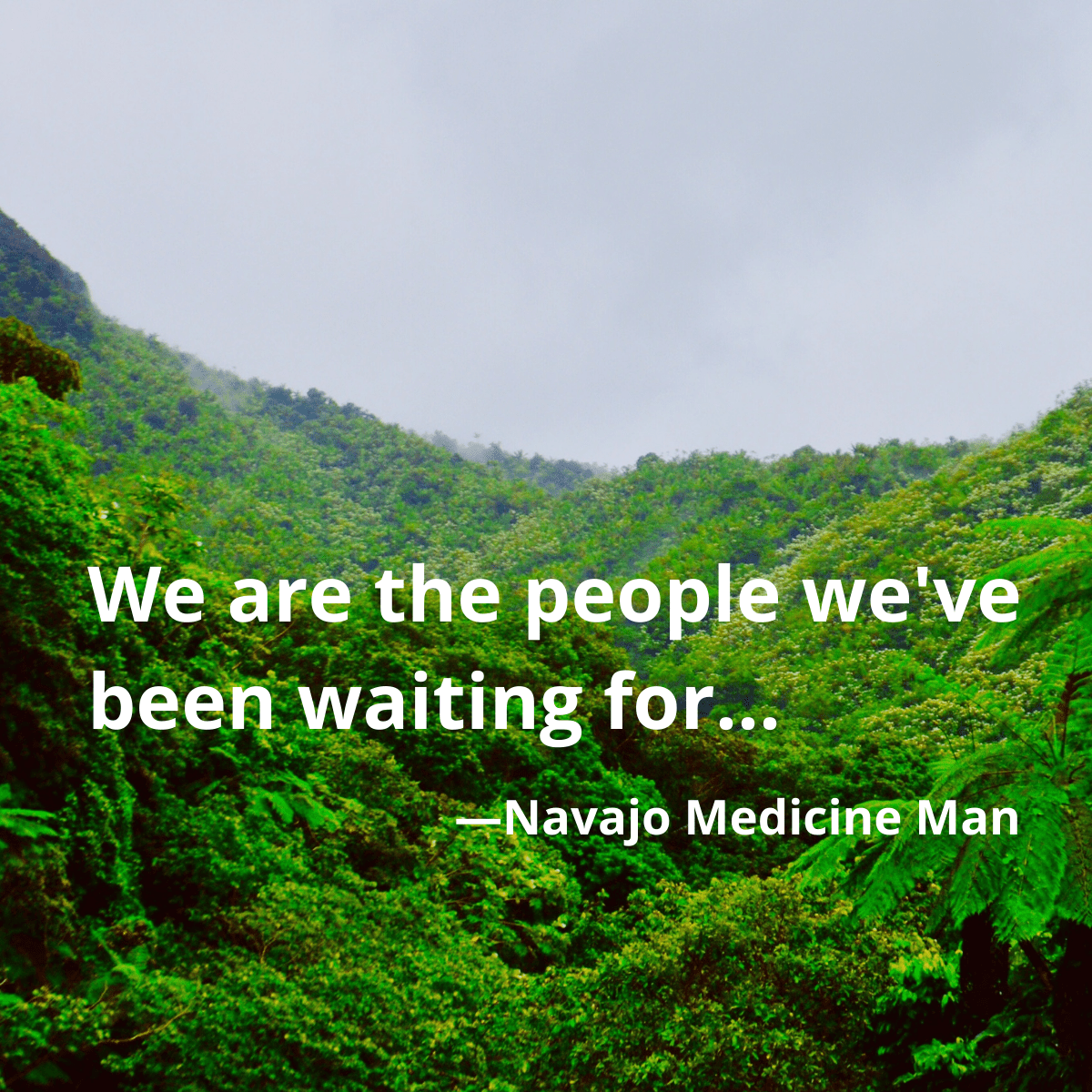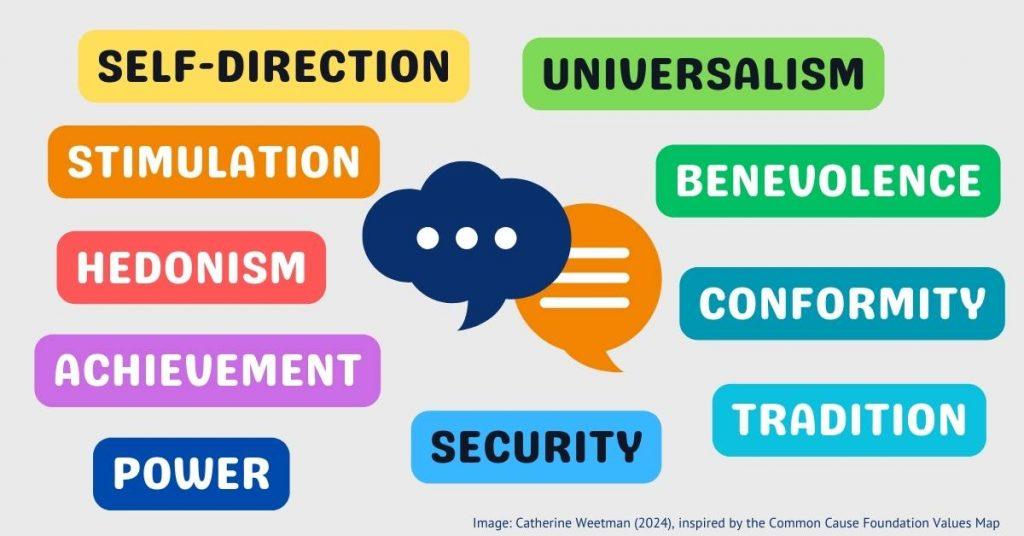
Our values guide our attitudes and actions, and most people’ deep-seated values support circularity and sustainability. But we misunderstand other people’s values, and that is holding us back.
The field of social psychology can help us understand more about how our personal values drive behaviour, and what that means for sustainability and the circular economy. How can we tap into our values to drive positive change?
5 minute read
Values 101
In a recent newsletter, I mentioned ‘Values 101’, a short course I completed recently with the Common Cause Foundation. It opened my eyes to a whole new way of thinking about our behaviour and what motivates our choices, actions and interactions.
The course was run by Ruth Taylor of the Common Cause Foundation, along with her colleague Tom Crompton, and you can hear more from Ruth in episode 126 of the Circular Economy Podcast. The Common Cause Foundation works at the intersection of culture change and human values, driven by the belief that it is possible to design societies that magnify and strengthen the cooperative and caring parts of human nature. By doing that together, we can build ways of living that are equitable and just, and that help us stay within our planetary boundaries.
Values are the principles or standards that we try to live by, and they influence many aspects of our lives, including what we buy, how we live, who we’re friends with, how we vote and maybe what work we choose to do.
Ruth Taylor described two kinds of values: extrinsic and intrinsic. Extrinsic values rely on external approval or rewards, such as wealth, power and public image. Intrinsic values, on the other hand, are more inherently rewarding creating feelings of community, friendship, love and creative enjoyment and prioritise benevolence, social justice, caring for others and our living world. [Read more about commonly held values and see them mapped out here.]
It’s important to remember that there is no such thing as a good or a bad value. To live well-rounded lives, we need to be able to draw on a wide range of values – but to have a fairer, healthier society with good standards of living for all, we must keep these values in balance.
Do we stay true to our values?
Often, we hold the same deep-seated values throughout our lives. They are informed by our early experiences and the values of our families, communities, culture and religion. However, we can be influenced, or ‘primed’, by the media, by the values of organisations and institutions, by adverts, even by the subtle messages in artwork. Those influences tend to be temporary, but they can still affect our choice in that moment, causing us to downplay a deeper-rooted value.
The complexities of real life can make it difficult to stay true to our values, especially in the face of snap decisions, budgets, perhaps deferring to others’ needs and so on. For example, you might want to reduce your environmental footprint and use your bicycle for commuting, but then you realise there’s no secure bike storage at work, plus, you’re worried about busy roads.
In other words, there can be an Action-Values gap.
Does this mean that we’re not really guided by our values? No, it means that whilst specific choices might not align, the research shows that when looking at our general behaviours, then a pro-environmental value would show up in less flying, less consumption, which charities we support and so on.
When looking at specific choices, we might see a values action gap, but overall, values are a very powerful predictor of our behaviour.
The surprising research about the values we favour
One of my standout learnings from the Values 101 course was that around three-quarters of people overestimate the importance that others placed on extrinsic values, of wealth, power, image, and so on, and underestimate the importance that a typical fellow citizen places on intrinsic values.
However, those beliefs are wrong: research in the UK shows around three-quarters of people place more importance on intrinsic values: of benevolence, community, equality, caring for nature, with similar findings in other countries. In other words, most of us share values that prioritise a more equal, caring and restorative world.
Unfortunately, that misperception creates barriers, both for circular behaviour change and for other ways to create healthier, fairer societies. It means we are less confident about expressing or living our own values, so we feel there’s no hope of change because most other people don’t support things like peace, harmony and protecting our planet.
For me, this was a light bulb moment , opening up possibilities and ways to improve how we engage people in circular and regenerative solutions.
Working out in the values gym
There’s also a strengthening effect. We can think of values like muscles: the more we exercise them, the stronger they become. Being intentional about how you foreground your values – and avoiding reflecting values you don’t hold – can help others to understand what’s important to you, what you stand for and what kind of world you want to see. That applies to individuals AND organizations.
As an example, the increasing focus on diversity and inclusion means a broader range of people appearing in adverts and TV shows, creating a sense that our culture is more diverse, so diversity feels normal, rather than unusual.
Avoiding distractions
Research shows that we find it difficult to prioritise values on both sides of the map at the same time: a seesaw effect. For example, drawing people’s attention to money can make it less likely that they’d volunteer or donate, or that they would donate less.
Our choice of words also makes a difference. We might think the phrases ‘natural capital’ and ‘love for the environment’ have similar meanings – however, the phrase ‘natural capital’ is perceived as the language of economics, which reminds people of the importance that society places on wealth. The result is that drawing people’s attention to ‘natural capital’ was less likely to persuade them to volunteer for an environmental cause than using ‘love for the environment’.
Closing the perception gap to unlock change
So how can we use values to engage people in circular products and services, or to support circular economy policies? Let’s go back to our tendency to misunderstand the values of other people. For example, we’re motivated to create a healthier planet and society, yet we think other people are only thinking about their bank accounts, or how cool they look in front of others.
That assumption means our communications probably aim to appeal to people’s extrinsic values, which then helps to strengthen the very same values that underpin our extractive capitalist system, working against what the world needs now.
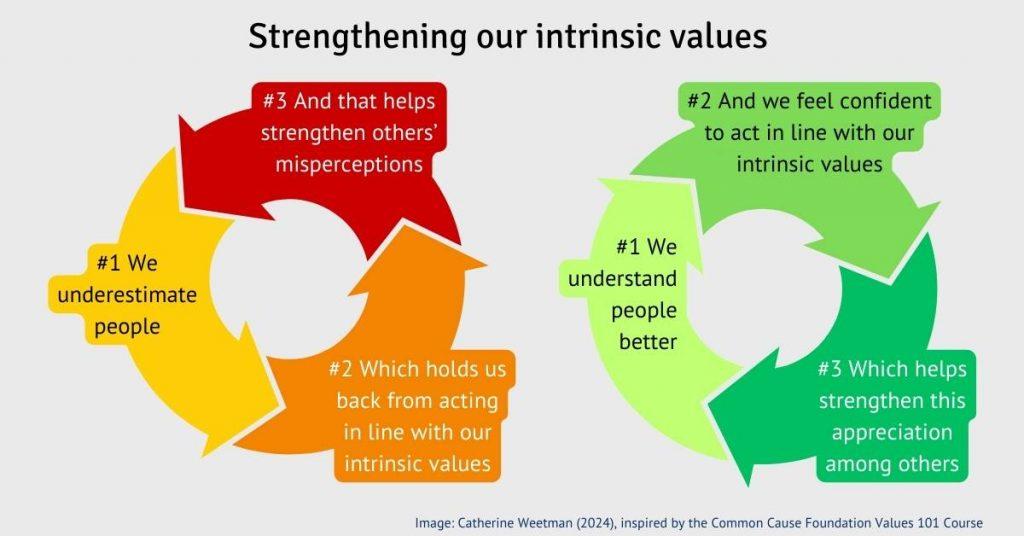
Instead, we should communicate in ways that appeal to intrinsic values, to help strengthen those value muscles so we are more likely to engage people. We can apply this to how we recruit, how we market products and services, and of course for how we define the purpose and strategies for our organisations.
Shaping a positive future by elevating our intrinsic values
The Common Cause Foundation believes values can play a crucial role in shaping our cultures and systems. However, it points out that the dominant global culture is out of balance, prioritising extrinsic values such as wealth, power and social status, and that has led us to the brink of destruction, with crises of poverty, inequality and climate change.
Common Cause Foundation’s work shows that balance can be restored by elevating intrinsic values instead, including values like community, creativity and unity with nature. To find out more, visit the Common Cause Foundation website.
You may also find this guide on ‘open framing’ useful, from the UK-based Public Interest Research Centre: The Narratives We Need: strengthening the stories that unite us
International speaker, author and strategic advisor, Catherine Weetman helps people discover why circular, regenerative and fair solutions are better for people, planet – and prosperity.
Catherine’s award-winning A Circular Economy Handbook, published by Kogan Page, is now in its 2nd edition. Catherine also hosts the popular Circular Economy Podcast, with listeners in over 150 countries.
Catherine’s wide-ranging experience, systems-thinking perspective, and willingness to challenge business-as-usual, together with a deep understanding of circular and regenerative practices across industry sectors, means she’s uniquely qualified to help you succeed with circular. Read more about Catherine here.
To find out more about the circular economy, why not listen to Episode 1 of the Circular Economy Podcast, read our guide: What is the Circular Economy, or stay in touch to get the latest episode and insights, straight to your inbox…
